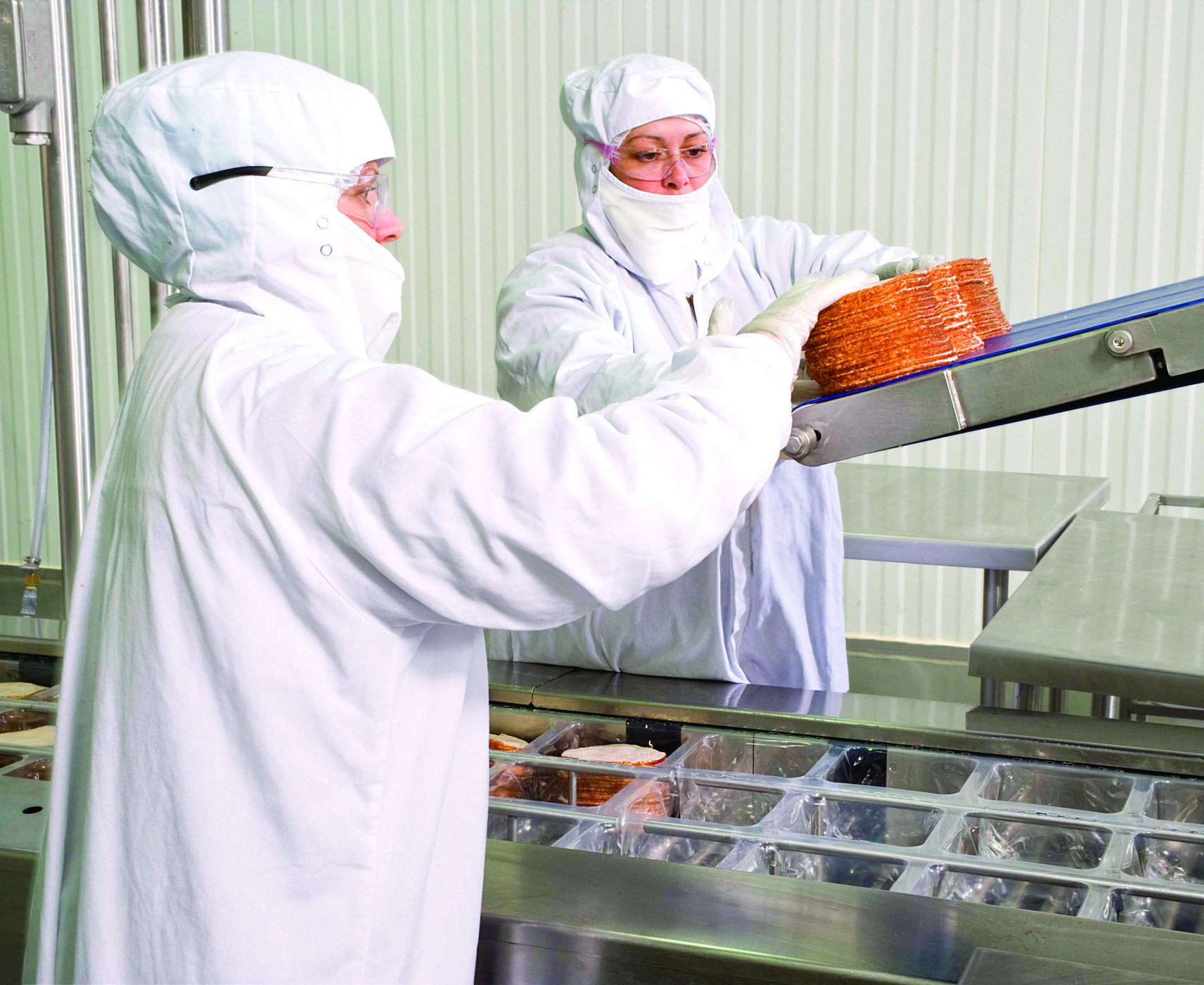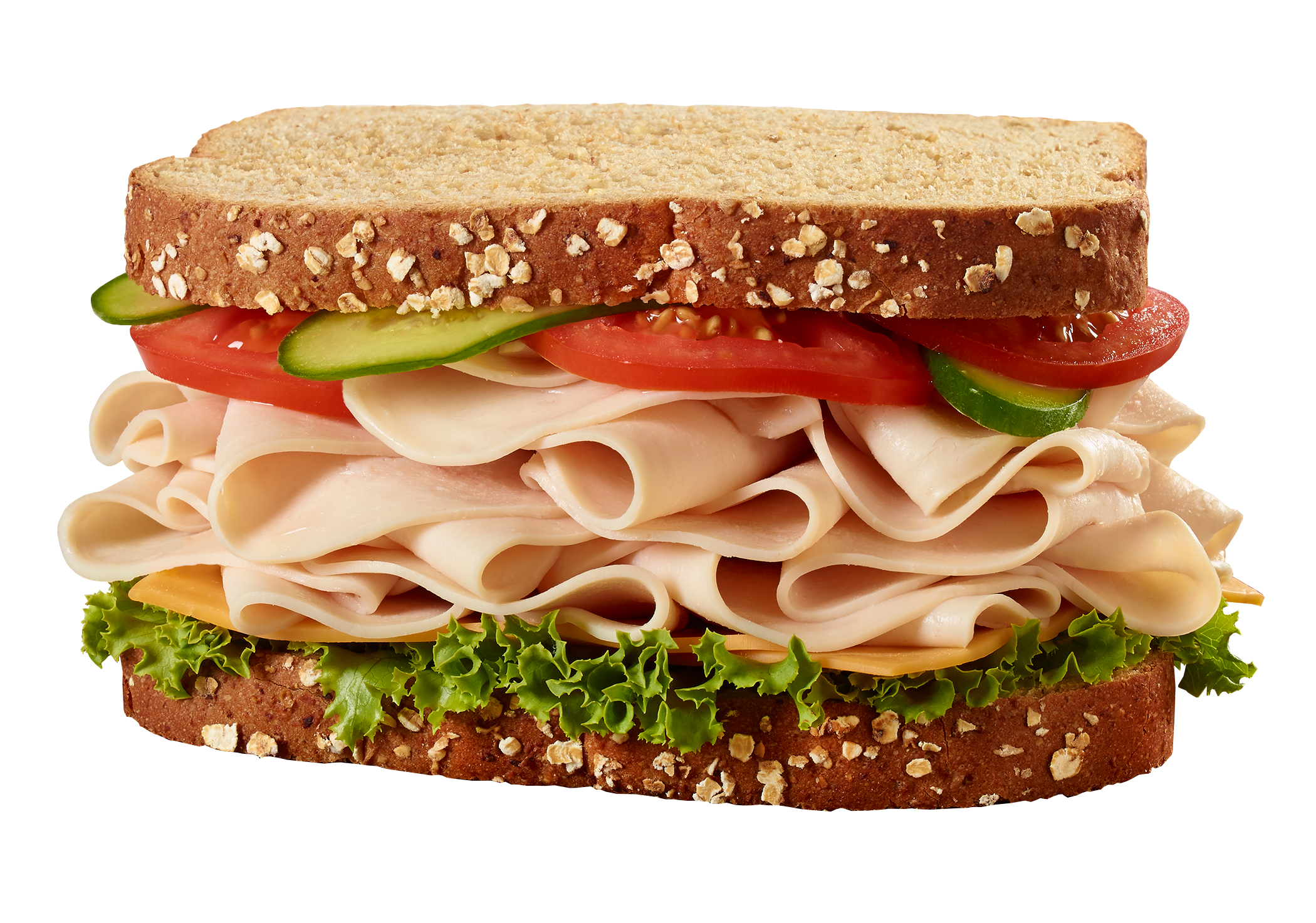

As Paul Hill takes my phone call in the midst of one of his barns, there are a few extra participants on the line.
Surrounded by his vocal turkeys, he is quick to emphasize that West Liberty Foods, of which he is chairman, is much more than a poultry producer.
"We are the people behind the scenes who protect people's brands," says Hill. "We are there to keep your brand safe."
This approach is what has led West Liberty Foods to become a leading supplier of sliced meats. West Liberty also manufactures for quick service restaurants and produces a variety of products for various grocery retailers across the nation.
As a supplier, West Liberty Foods works in partnership with restaurants and retailers to provide what they wish to sell. Today, this includes meeting a growing consumer demand for antibiotic-free meats.

At West Liberty Foods, this means that a portion of its turkey flock is raised without any antibiotics.
While Hill acknowledges that this percentage will grow, he doesn't believe a turkey operation can be completely antibiotic-free at this point. At least not until there are better alternatives that address the importance of animal welfare.
"The welfare of the animal comes first," says Hill, who also serves as the chairman of U.S. Poultry & Egg Association and former chairman of the National Turkey Federation.
While standing amongst his birds, he compares his role to that of a parent.
"It's like your kids," he says. If they are sick, "are you going to let them die or give them an antibiotic? We have to make that decision."
While Hill respects consumer choice, he's frustrated at the misinformation in media and online that could lead them to ill-informed choice.
"Our consumers today need a choice, but I feel sorry for our consumers because they don't always get the facts," says Hill.
According to Hill, the push for antibiotic-free meat could unnecessarily have a negative impact on animal welfare. All meat in the U.S. is already free of antibiotics before it reaches the consumer, he emphasizes, but that's where consumers aren't clear on the differences between terms such as "natural," "organic" or "antibiotic-free."
Consumers also may not realize the food safety consequences of some of their preferences, such as "clean labels" or "no preservatives."
West Liberty Foods has more high pressure pasteurization that any company in the U.S., according to Hill.
"In order to get the shelf life the consumer is used to, we have to," he says.
Hill gives an example of a package of sliced meat that is opened. It's perfectly safe, he says, but if left out on the counter, especially without preservatives, it becomes a ticking time bomb.
Most of the companies that West Liberty Foods supplies understand this, says Hill.
"Our brand is food safety. Our job is to protect you," he emphasizes.
It goes back to science, he says, and to focusing on what's right for people.
"The millennials are teaching us a lot, but we old guys need to teach them, too," he says. "There's choice and balance. You can't get too tilted in one direction."

Hill is a strong "agvocate" who believes the agricultural community needs to do a better job sharing the truth about their operations -- both on social media and in their legislators' offices locally and in Washington, D.C.
"I tell young people -- you are the tongue of the future."
Despite his frustrations with the misinformation being served up to consumers today, he's enthusiastic about that future. He describes his recent experience with students at the Future Farmers of America convention and how impressed he was by the changing face of agriculture he saw represented. Of the 60,000 youth there, he estimated that 60 percent were women.
Agricultural programs are also seeing a resurgence in the United States, but most of the students were not raised on the farm. This is something Hill finds encouraging, but he also feels it is increasing the responsibility of today's producers to help educate, especially given the abundance of misinformation.
The next generation of farmers is certain to continue to deal with consumers with changing preferences. At times, their behaviors can be difficult to figure out.
"What does the consumer want?" asks Hill. "He knows he should eat healthy, but does he stick with it?"
Hill alludes to the difference between how consumers think they should eat, which is reflected in surveys, and the reality of their grocery carts and refrigerators.
He also expects we will see some significant changes in how people purchase their food. West Liberty Foods is a supplier to an established home meal kit delivery company. While Hill initially didn't think the concept would take with consumers, his mind has changed based on the success he has witnessed.
"I see groceries becoming less of a place where you get your food. I see the modern consumer getting food delivered," he says.
When it comes to the future, Hill is genuinely optimistic. He believes consumer demands will continue to vary and evolve, but he's confident in the world's food supply and the increasing improvements being made in nutrition.
He mentions his pride that West Liberty is the only meat company in the country that is completely landfill-free. That's but one example of a philosophy that Hill feels will ensure West Liberty's future.
"Our company thinks long-term and focuses on doing the right thing," he says. "You have to stay in business, but you also need to look at what's right."
West Liberty Foods has been an Alltech customer for more than 15 years, beginning with Bio-Mos®.